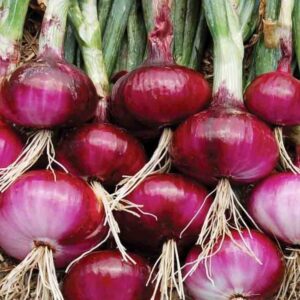Nuts are seen as one of the best natural snacks: convenient, energizing, and rich in nutrients. Yet, not all nuts benefit the brain equally. Some, when consumed in excess or under certain conditions, can affect memory, concentration, and even increase inflammatory processes that harm cognitive health.
On the other hand, other nuts provide fatty acids, antioxidants, and neuroprotective substances that science associates with a lower risk of cognitive decline and dementia.
In today article, you’ll find a clear guide: which ones you should limit and which ones you should incorporate more frequently if you’re looking to protect your brain in the long term.

Nuts that can DAMAGE your brain
1. Peanuts (when not properly stored)
Improperly stored peanuts can develop aflatoxins, toxins produced by fungi that directly affect brain and liver cells. Although not all peanuts are affected, they are one of the nuts most sensitive to humidity and heat.
Risk: inflammation, cell damage, and concentration problems.
2. Overly Salted Pistachios
Natural pistachios are healthy, but the most commonly consumed are roasted pistachios with high amounts of salt. Excess sodium increases blood pressure, which impairs cerebral circulation.
Risk: reduced brain oxygenation, dizziness, and mental fatigue.
3. Cashews (when highly processed or fried)
Commercially processed cashews are often fried in low-quality oils. This increases their content of oxidized fats, which promote systemic inflammation.
Risk: inflammatory processes that affect cognitive function.
4. Brazil Nuts in Excessive Quantities
Although nutritious, Brazil nuts contain very high levels of selenium. Excessive selenium can cause hormonal imbalances, nervousness, and memory problems.
Risk: selenium toxicity if consumed frequently in large quantities.
Nuts that PROTECT your brain from dementia
1. Walnuts
They are the queens of the brain. Their shape is no accident: they concentrate alpha-linolenic acid (ALA), a type of plant-based omega-3 fatty acid, antioxidants, vitamin E, and anti-inflammatory compounds.
Benefit: neuronal protection, improved memory, and a reduced risk of cognitive decline.
2. Almonds
Rich in vitamin E, one of the most important antioxidants for the brain. They also stabilize blood sugar, key to maintaining stable mental energy.
Benefit: improved cognitive performance and protection against brain aging.
3. Hazelnuts
Hazelnuts contain folate, healthy fats, and polyphenols, essential for neurotransmitter production.
Benefit: improved neuronal communication and reduced oxidative stress.
4. Pecans
They are particularly rich in antioxidants, even more so than traditional walnuts.
Benefit: they reduce inflammation and protect against age-related memory loss.
What is a healthy portion?
To reap the benefits without risks, experts recommend:
A daily handful (25–30 g) of raw or roasted unsalted nuts.
Choose natural mixes, not fried or sugar-coated.
Store them in airtight containers to prevent mold and oxidation.
Conclusion
Nuts can be great allies for the brain, provided they are chosen wisely and consumed in moderation. Avoid highly processed products, those with excess salt, or those that are poorly preserved, and prioritize those rich in antioxidants and healthy fats.





